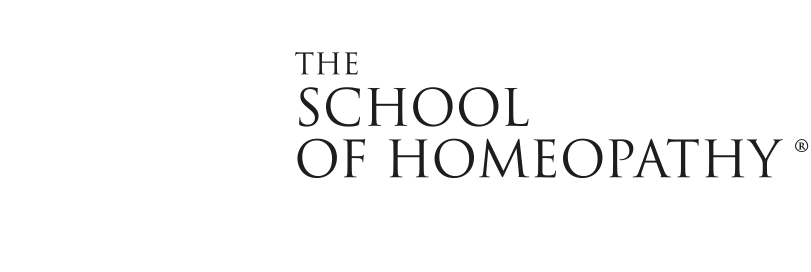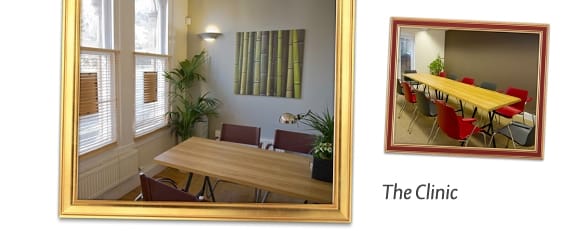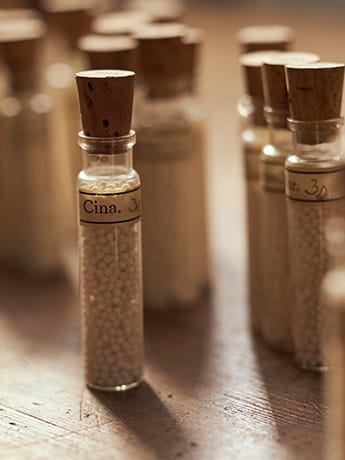
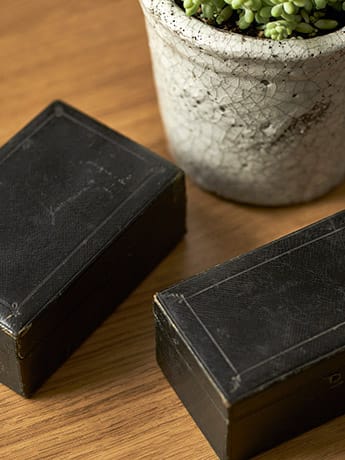
.jpg)
Injuries
Injuries refer to physical harm or damage caused to the body as a result of accidents, falls, sports activities or other traumatic events. They can range from minor cuts and bruises to more severe conditions like sprains, strains or fractures.
Homeopathy is a holistic system of medicine that works on the principle of "like cures like." It uses highly diluted substances to stimulate the body's own healing mechanisms. Homeopathic remedies can be effective in addressing anxiety by addressing the underlying causes and promoting overall wellbeing.
Here are seven commonly used homeopathic remedies for injuries:
1. Arnica montana (Arn.)
One of the most well-known homeopathic remedies for injuries. It is often used for bruising, swelling and soreness that result from trauma. Arnica can help reduce pain, minimize swelling and promote healing. Read more...
2. Ruta graveolens (Ruta)
Commonly used for injuries to tendons, ligaments and bones. It is beneficial for sprains, strains and overexertion of muscles or joints. Ruta can help alleviate pain, reduce inflammation and support the healing process. Read more...
3. Hypericum perforatum (Hyper.)
An excellent remedy for injuries that involve nerve damage or trauma. It is often used for injuries to the fingers, toes or areas rich in nerves. Hypericum can help relieve pain, tingling and shooting or radiating nerve pain. Read more...
4. Symphytum officinale (Symph.)
A remarkable remedy for promoting the healing of fractures and bone injuries. It can help accelerate the mending of broken bones, reduce pain and aid in the recovery process. Ensure the fracture is stable before using Symphytum. Read more...
5. Ledum palustre (Ledum)
Primarily used for puncture wounds, insect bites or injuries caused by sharp objects. It can help reduce swelling and bruising and minimize the risk of infection. Read more...
6. Calendula officinalis (Calend.)
A versatile remedy often used for wound healing. It can help promote tissue repair, reduce inflammation and prevent infection. It is particularly beneficial for cuts, scrapes and abrasions. Take internally for deep injuries. Read more...
7. Bellis perennis (Bell.)
This is a valuable remedy for deep tissue injuries, such as contusions or bruises to deeper muscles or organs. It can help relieve soreness, reduce swelling and facilitate healing. Read more...
Other natural ways to help injuries heal:
1. Rest: Allow your body adequate rest to recover and heal from the injury. Avoid putting unnecessary strain on the affected area.
2. Ice and heat therapy: Apply cold compresses or ice packs to reduce swelling and inflammation during the initial stages of an injury. After the first 48 hours you can switch to warm compresses or heating pads to promote blood circulation and relaxation.
3. Compression and elevation: Use compression bandages or wraps to support and stabilize the injured area. Elevate the injured limb or body part above heart level to reduce swelling.
4. Healthy diet: Consume a nutrient-rich diet that includes plenty of fruits, vegetables, lean proteins and whole grains. Proper nutrition can support the healing process and strengthen your immune system.
5. Hydration: Stay well-hydrated by drinking an adequate amount of water. Proper hydration helps maintain tissue health and facilitates the body's natural healing mechanisms.
6. Gentle movement and exercise: Engage in gentle movement and exercises recommended by a healthcare professional or physiotherapist to promote circulation, flexibility and range of motion.
7. Stress management: Manage stress levels as elevated stress can hinder the healing process. Practice relaxation techniques, such as deep breathing, meditation, or yoga to promote overall wellbeing.
Remember, if you have a severe or complex injury, it's crucial to seek immediate medical attention. The remedies and natural approaches mentioned here can complement conventional medical care but should not replace professional medical advice or treatment.
If you need help why not contact us to arrange to speak to one of our homeopaths or complete the form below. We offer both in-person clinic appointments in Stroud or online consultations anywhere in the world.
More time to talk to a health professional
When you see a homeopath you are given the time to talk about all the symptoms you are experiencing. The first appointment usually lasts 90mins, with follow-up appointments lasting 45mins. Questions about your lifestyle, eating habits and preferences, temperament, personality, sleep patterns and medical history help the homeopath to form a complete picture of your health.
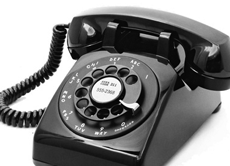
Call now to book an appointment at the Clinic.
01453 766 556
.jpg)
This clinic creates a beacon for homeopathy in Stroud; it brings homeopaths together; it acts as an international teaching facility for the School and it offers patients the highest quality of homeopathic treatment and care.
Mani Norland, Principal
